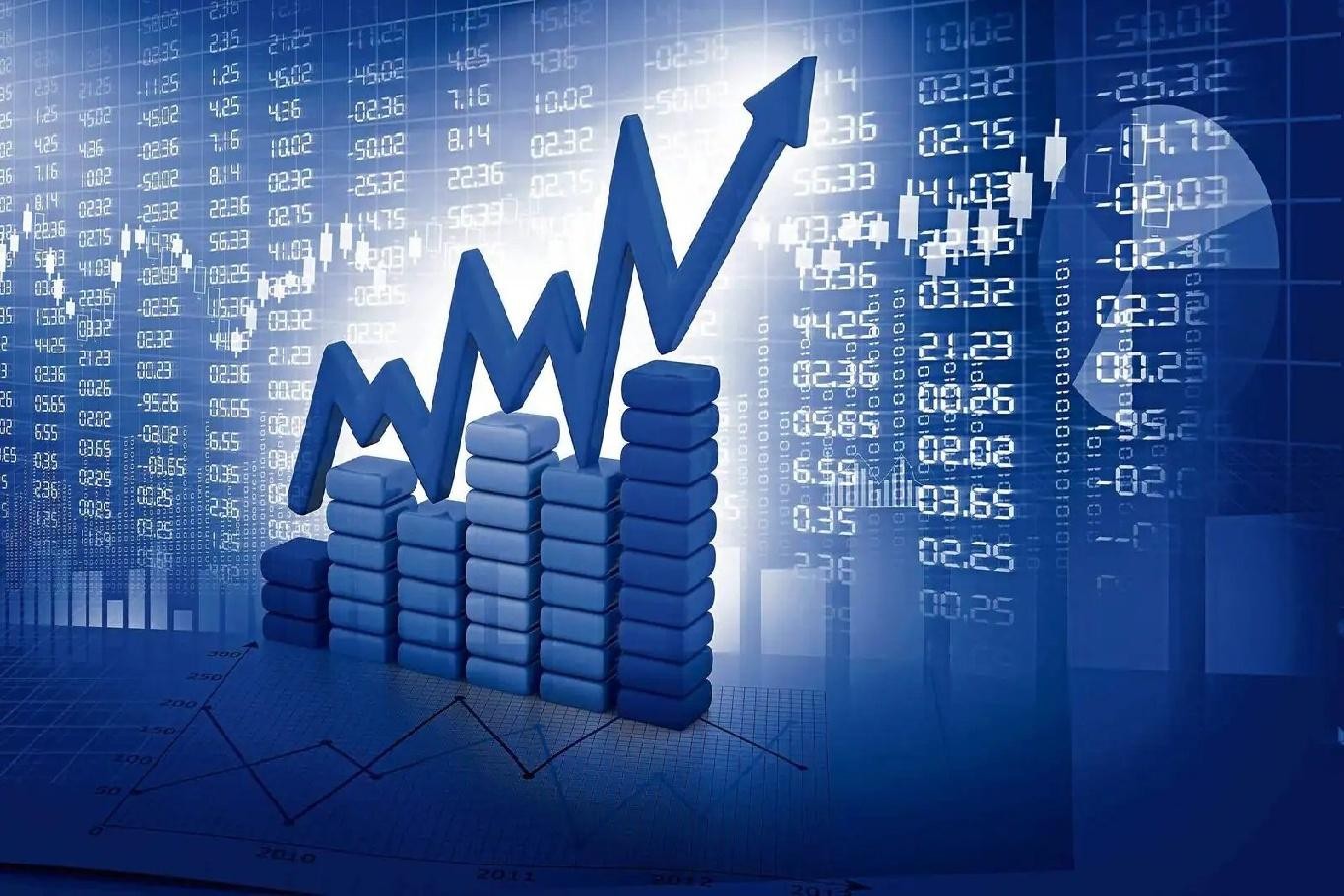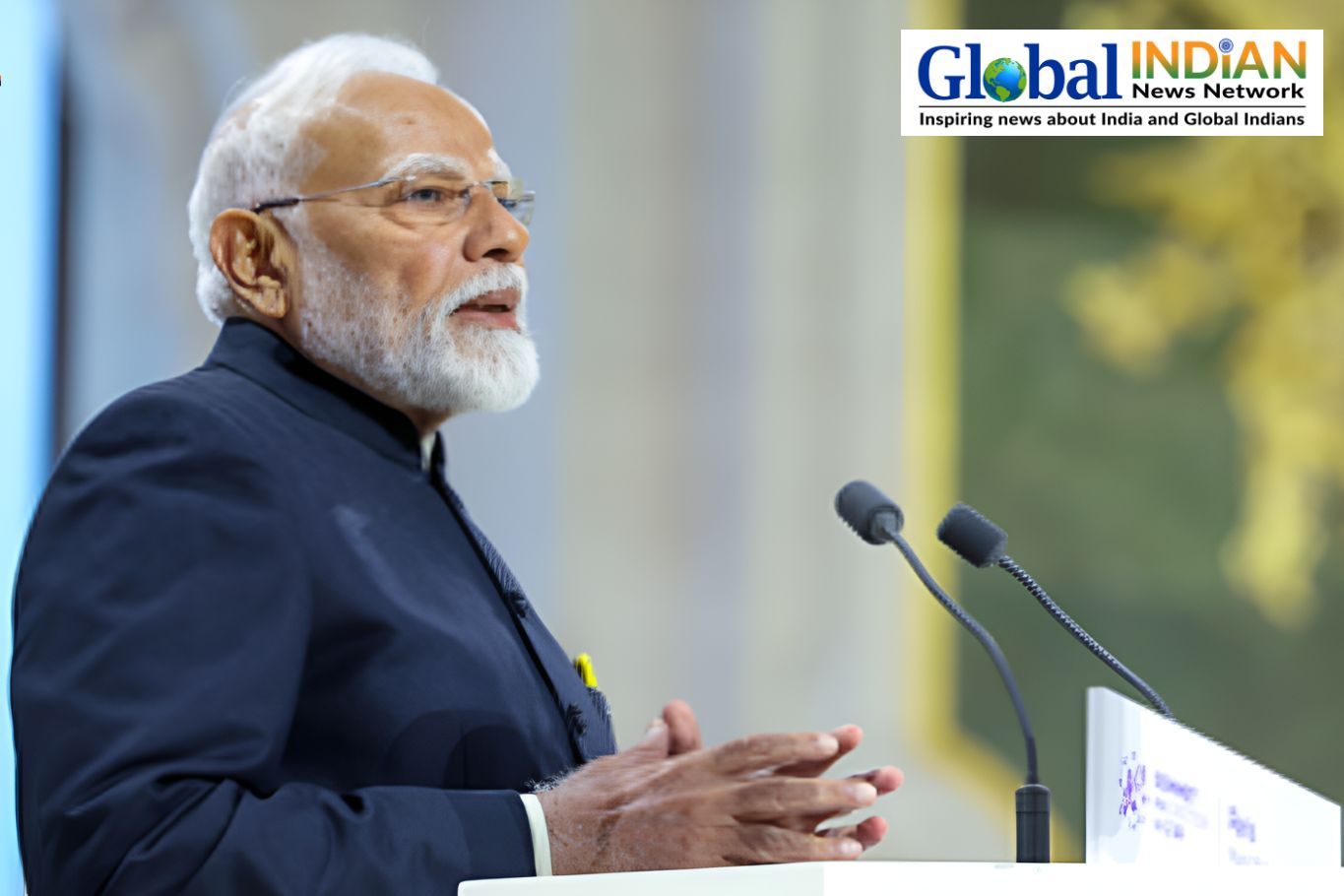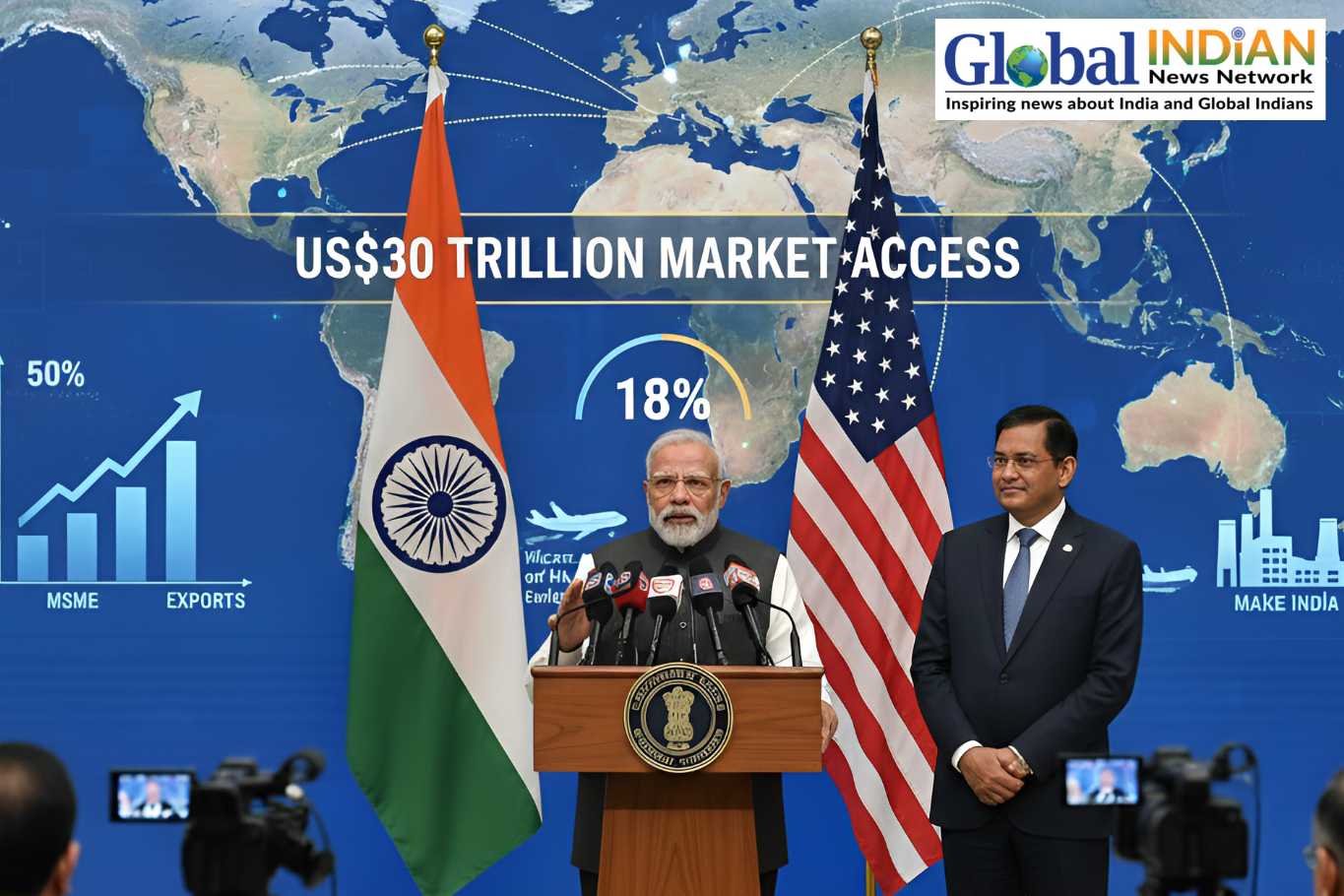
India has ascended to the position of the sixth-largest market in the MSCI All Country World Investable Market Index (ACWI IMI), overtaking China and now trailing just behind France. For the first time, India has claimed the title of the largest emerging market in this index, which monitors global capital market performance.
As of the end of August, India held a weight of 2.35% in the MSCI ACWI IMI, edging past China’s 2.24% by 11 basis points. France remains slightly ahead with just 3 basis points more than India. The MSCI ACWI IMI includes large- and mid-cap stocks and is an extension of the more popular MSCI ACWI Index.
Despite India’s progress, China still leads in another category, the main MSCI ACWI index, where it has a weight of 2.41%, compared to India’s 2.07% as of mid-September. Analysts predict that India’s top ranking in the MSCI ACWI IMI is unlikely to dramatically shift passive inflows, given the relatively modest assets tracking the index, but the achievement is expected to significantly boost India’s global investment appeal.
Jonathan Garner, the chief equity strategist for Asia and emerging markets at Morgan Stanley, highlighted India’s ongoing outperformance, driven by market growth, new issuances, and improved liquidity. While China’s weight in the MSCI ACWI IMI has halved since early 2021, India’s has more than doubled. Garner also pointed out that India’s nominal GDP growth, currently running at over three times that of China, is leading to a marked divergence in earnings growth for companies in both countries.
In August, India also surpassed China to become the largest weight holder in the MSCI Emerging Markets Investable Market Index (EM IMI) for the first time. The combined weight of Indian stocks in this index is 22.27%, compared to 21.58% for China. Although the EM IMI is tracked by passive funds managing $125 billion, the main MSCI EM index holds $500 billion in assets.
Morgan Stanley has its largest overweight positions in both India and Japan within its pan-Asian and emerging market portfolios, each at 150 basis points, while China remains underweight by the same amount.









